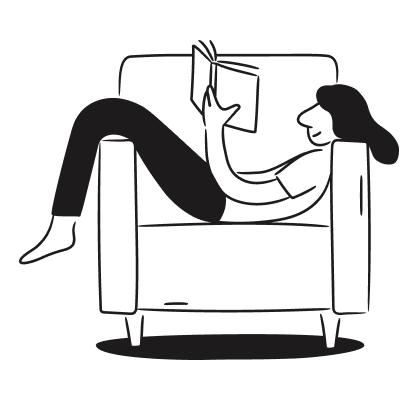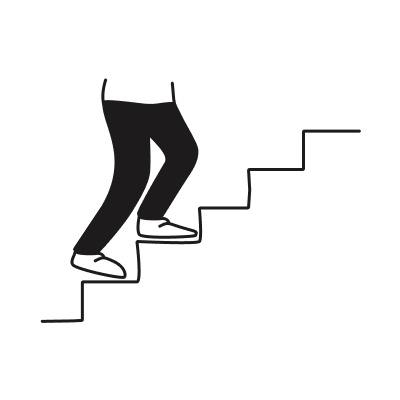As we age, changes in our life can affect our mental well-being


As we age, changes in our life can affect our mental well-being
.jpg)
.jpg)

In the UK, 50% of adults aged 55 and over say they have experienced common mental health issues
Getting older can lead to a mix of emotions. A lack of purpose can leave some feeling isolated and lonely, particularly when spending more time at home. Our mental health can be adversely affected by these factors, resulting in feelings of worry, anxiety, and depression. Typed cognitive behavioural therapy can help you develop practical skills to use in day-to-day life that help with low mood, anxiety, and even depression. Its confidential and available free through the NHS.
Why typed therapy?
Typed therapy takes place online, so you won’t need to miss work or travel anywhere. Choose a time convenient for you to type with your therapist. Before each session, your therapist will check in with how you are, so we can tailor your treatment to be as effective as possible. Between sessions, we’ll ask you to keep a journal and do thinking exercises to help develop positive, long-term habits. Research shows a little work leads to better recovery and can help keep you feeling well after your therapy sessions have ended.


How it works
Our patients tell us typed therapy makes it easier to open up and reflect on their thoughts and behaviours than if they were sat in front of a therapist. The additional benefits of typed therapy include:
.png)

Begin your therapy in four steps
1. Refer and register
Self-referral is available in your area. Self-referring allows you to access online therapy quickly and easily without the need to visit your GP. Once you have self-refered and created your account, complete your questionnaires. We will then find the best therapist for your needs.

2. Start therapy
Chat with your therapist. They’ll create a treatment programme designed just for you and will help you set goals, break down issues and change unhelpful thoughts and behaviour patterns.

3. Practise
Between sessions you’ll use the new skills your therapist has taught you in real life. Your therapist will track your progress using questionnaires before each session and target the most persistent and troubling areas.

4. See results
Your therapist will help you monitor change and target the most persistent and upsetting areas.


Get started with Mindler (previously ieso)
Click the button below to self-refer. If you'd like to find out about other mental health support options available in your area, visit the NHS website.



